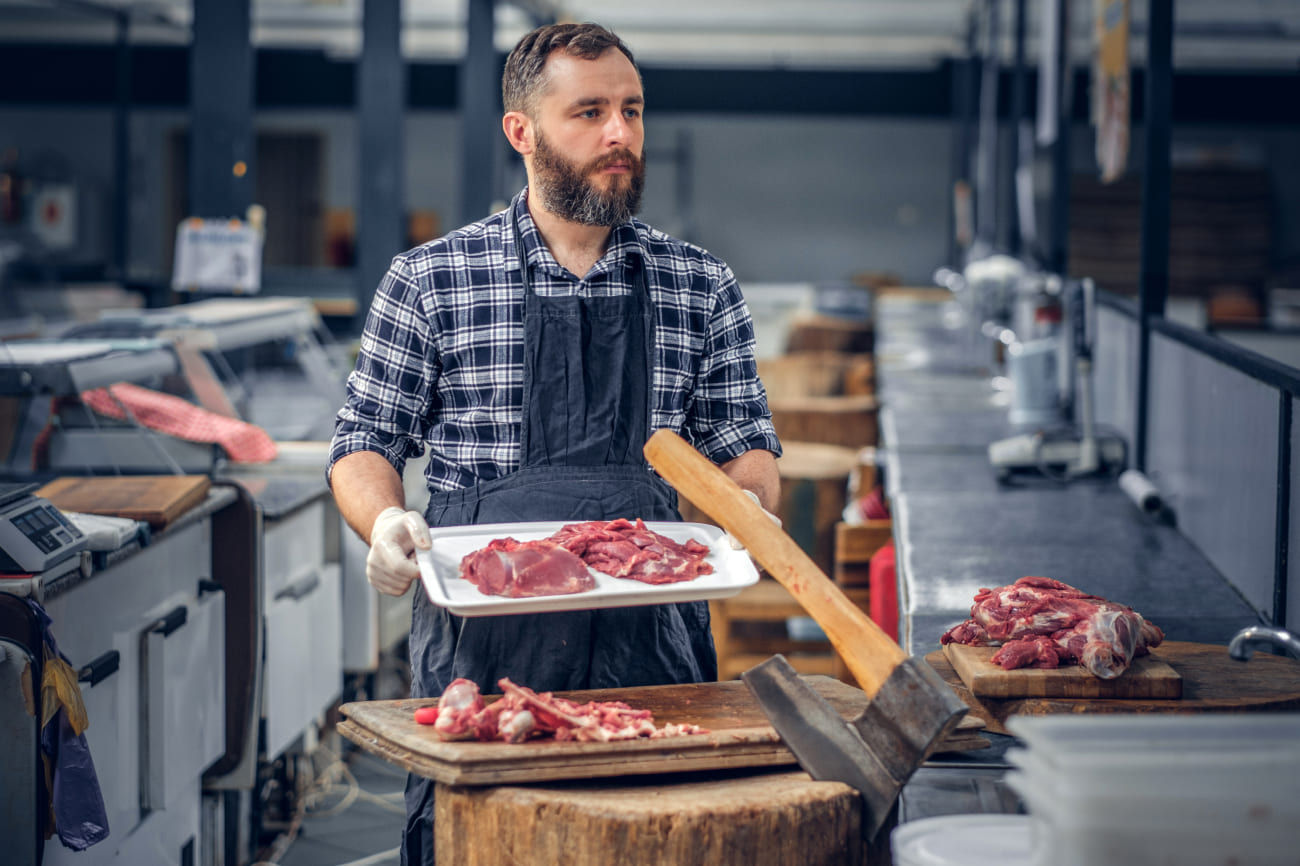Meat Packing Jobs: The Heartbeat of the Food Industry

The meat packing industry is a vital part of the food production process. It is responsible for converting livestock into meat products in grocery stores and restaurants. While it may not be glamorous, meat packing is essential in ensuring that meat is processed, packaged, and ready for consumers.
In this blog, we will explore the meaning of meat packing jobs, their importance, and career opportunities in this industry.
-
What are Meat Packing Jobs?
Meat packing jobs involve processing and packaging meat products, including beef, pork, and poultry. The process begins with the slaughtering of animals and extends to the preparation and packaging of cuts of meat for retail and food service distribution. Workers in this industry perform a variety of tasks, including:
-
-
Slaughtering: The humane killing of livestock such as cattle, pigs, and chickens.
-
Butchering: Cutting, deboning, and trimming meat to prepare it for sale.
-
Processing: Transforming raw meat into finished products like sausages, ground beef, or ready-to-cook items.
-
Packaging: Sealing meat products in vacuum-packed containers, wrapping cuts in plastic, or boxing them for shipment.
-
Quality Control: Inspecting the meat for contamination, ensuring sanitary conditions, and adhering to safety standards.
-
-
The Role of Meat Packers in the Food Industry
Meat packing jobs are critical to the overall food supply chain. These workers ensure that meat products are processed and delivered to consumers safely and efficiently. Without them, restaurants, grocery stores, and other food retailers would face shortages and experience disruptions in the flow of food. The contributions of meat packers often go unrecognized, but their role is central to keeping the food industry running smoothly.
Additionally, the demand for meat products has remained strong, which keeps the meat packing industry steadily employing workers. This consistent demand offers a level of job security, although the conditions of the job may be difficult.
-
Opportunities and Career Pathways
With experience, workers may move into supervisory or specialized positions, such as quality control inspectors or machinery operators. Additionally, some companies provide on-the-job training, allowing workers to develop new skills to help them transition to other roles in food processing or manufacturing.
The job market for meat packing positions remains steady as the demand for meat products continues. With the increasing popularity of processed and packaged meats, the need for skilled workers in this field is unlikely to decline.
Meat packing jobs are essential to the functioning of the food industry, ensuring that meat products reach consumers safely and efficiently. While the work can be physically demanding and pose safety challenges, it offers job security and potential career growth.
By understanding the importance of meat packing jobs, we can honor the workers working tirelessly behind the scenes to make our meals possible. Next time you enjoy a delicious meal, remember the dedicated workers who helped bring it to your table!
